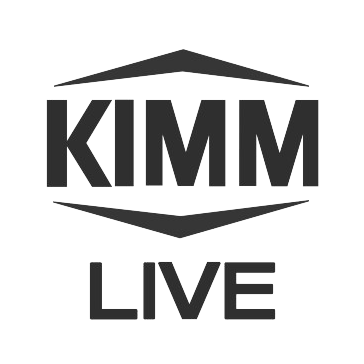
- Writer관리자
- Created2022.10.31.
- Views1,209
China | Assistant Professor
Yuan-Zhu Xin Ph.D.
Yuan-Zhu Xin is a former KIMM psst-doctoral researcher, who now works at the Jilin University of China as an assistant professor. His main research topics are 3D bioprinting and biomechanics.
- #China
- #Jilin University
- #KIMMAlumni
- #KIMMAmbassador
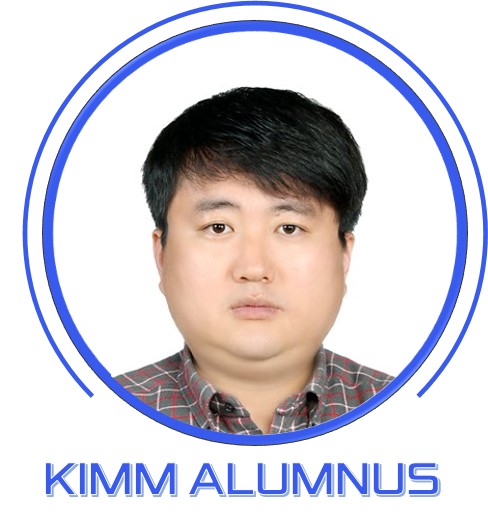
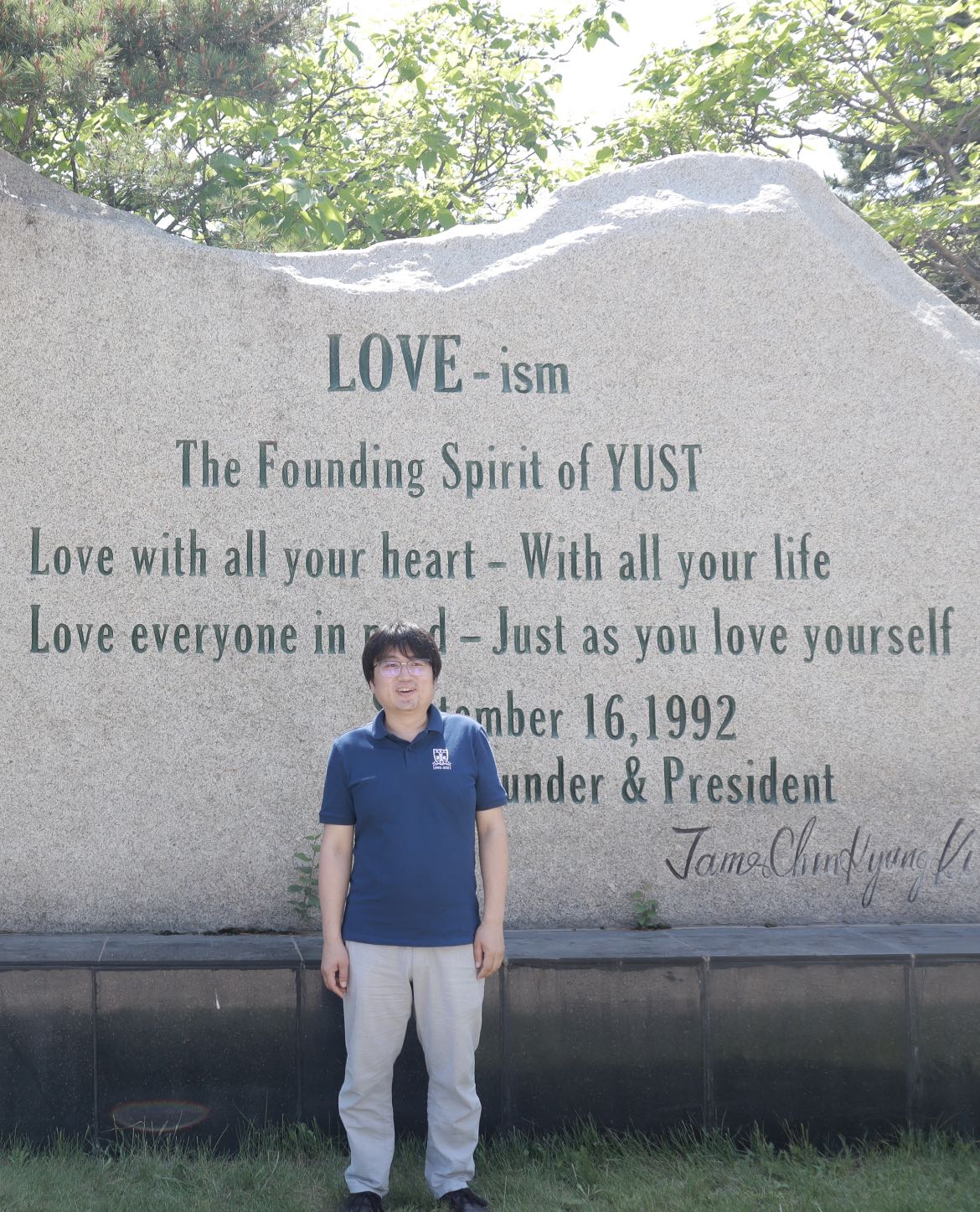
Hello. My name is Yuan-Zhu Xin, an assistant professor at the Jilin University of China. I got my doctoral degree in 2016 on mechatronics engineering, at the Chungnam National University under Prof. Seok-Jo Yang. In the same year, I have moved on to the Korea Institute of Machinery and Materials as a post-doctoral researcher under Dr. Junhee Lee, conducting researches related to the 3D Bioprinting until 2017. In November 2017, I have returned to China and since then I am working at the Jilin University as an assistant professor.
Since I had studied biomechanics and 3D bioprinting during my doctoral degree, I am continuing the research in these field after returning back to China. Fortunately, there are other professors who are researching related topics at the School of Mechanical and Aerospace Engineering (Jilin University), and I am working together with our colleagues to conduct relevant researches on the analysis of musculoskeletal system mechanics, as well as on the scaffold/organism 3D bioprinting.
Q: How did you come to Korea? To KIMM?
I did my undergraduate degree at the Yanbian University of Science and Technology. With the recommendation from one of my professors, I was able to study at the Chungnam National University in Korea for the master and doctoral degrees. My thesis was on the “Development of MgCl2/PCL 3D scaffold by using 3D bio-plotting system for bone tissue engineering”, and I was able to conduct researches with KIMM on developing relevant 3D scaffolds. Through that opportunity I applied to KIMM after graduation, and continued my research at KIMM as a post-doctoral researcher.
Q: How was your time in Korea?
I first came to Korea in August 2009. From the masters/doctoral degrees at Chungnam National University to the post-doctoral research at KIMM, I spent over 8 years of my time in Korea until November, 2017. There are so many fond memories about Korea, especially since I was able to get married and have two children here in Korea. That is why I consider Korea a very special country to my family, with many precious people. With that thoughts, I am still trying to be connected with KIMM, and even had two field visits to KIMM along with my students at Jilin University.
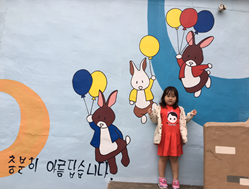
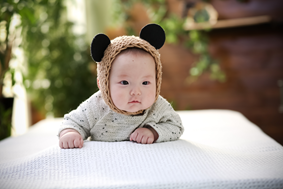
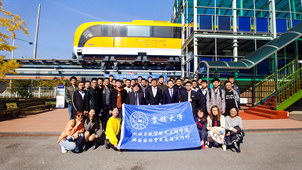
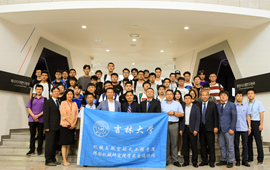
I have really good memories on the Harmony Day events held every month. Our entire department got together to play sports, watch movies, or even to have field trips. Participating in such events helped me to freshen up and reduce stress in the midst of continuing research activities. Although the research time is important, I think that this sort of refreshing time is equally important for the people.
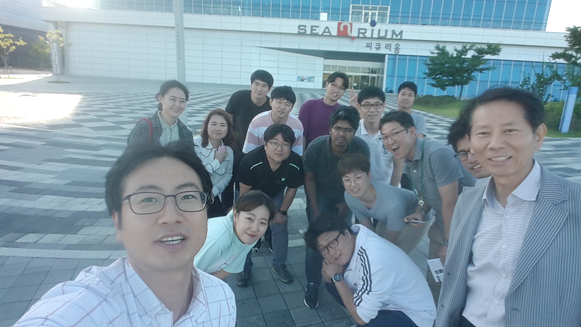
Since there are so many happy memories about KIMM, it is really difficult to choose the most memorable moments. If I am to pick one memory out of all, that would be the year-end party at our lab, the Department of Nature-Inspired System and Application, in 2015. I attended the event with my daughter and wife, and I can still remember my daughter’s rejoicing face when she received gifts from the coworkers. At that moment I was able to experience the family-like atmosphere of KIMM and the warmth of our lab and coworkers.
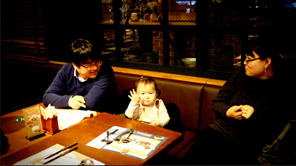
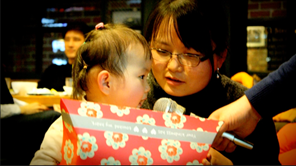
I learned a lot while working together with Dr. Wan-Du Kim and Dr. Junhee Lee. From the research planning, research methodology and to project execution, I was able to watch and learn many useful things from my mentors. I also gained some personal insights as well, that there could be many solutions to a single, and that sometimes the best solutions for solving problems can be found within the nature.
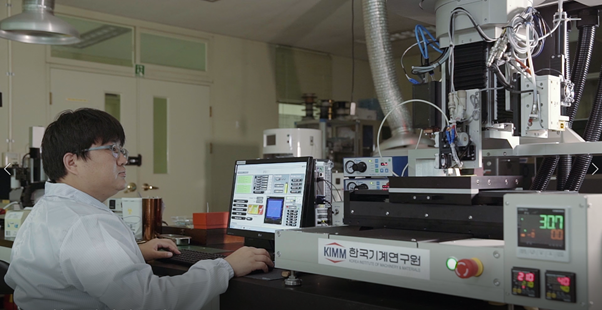
Q: Can you tell us about your current work with KIMM?
Together with Dr. Junhee Lee of KIMM, I am currently in the process of applying for a large-scale Korea-China joint research project. The subject of the research is hip implant and skin 3D bioprinting. This is the third year that we have been applying, and it is rather difficult to actually get the final approval. In this regard, I think that additional policy or practical support are needed from both of our institutions (Korea Institute of Machinery & Materials and Jilin University). In the application for international joint researches, the pre-existing foundation of cooperation between the institutes is a very important part of evaluation, but the collaboration at the individual level inevitably has its limits. I would like to ask to the leaders of KIMM and Jilin University for further institutional supports in forming the foundation.
And also, within last year, I was honored to be appointed as a KIMM ambassador. Due to COVID situation, there were many limitations in our activities in the past year. In this year and onwards, I will try my best as an Ambassador to participate in the KIMM activities and to promote KIMM more actively.
Q: Any comments/recommendations to others reading the newsletter?I highly recommend the Korea Institute of Machinery and Materials to any student or researcher who wishes to pursue a Ph.D. or post-doctoral program. Compared to other universities in Korea, I believe that KIMM’s laboratory equipment and experimental conditions are far better. I would like to especially recommend KIMM to those researchers who want to pursue a post-doctoral program. If you have sufficiently mastered the theoretical knowledge at university, I think you should think about the practical application of relevant technologies and theories in a research institute that is also closely related to the industry.

